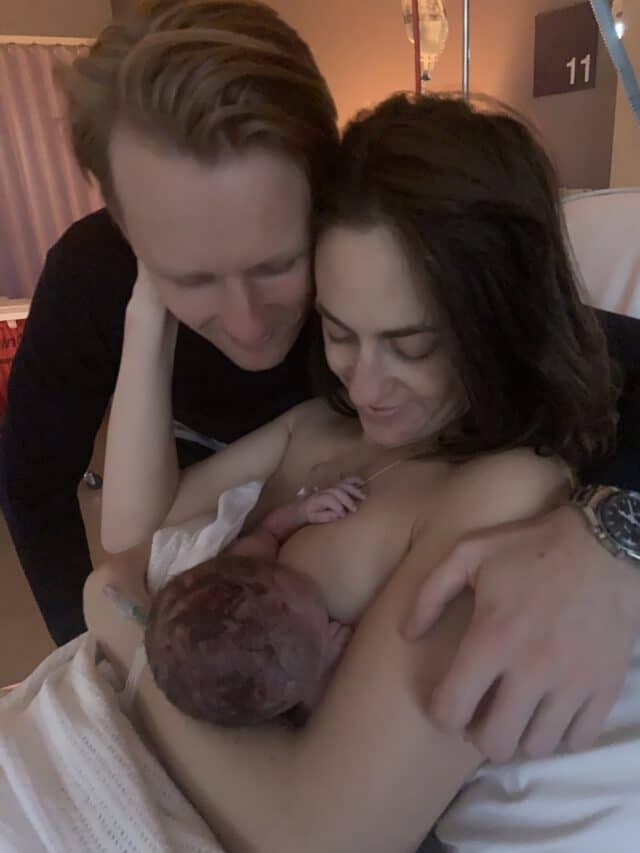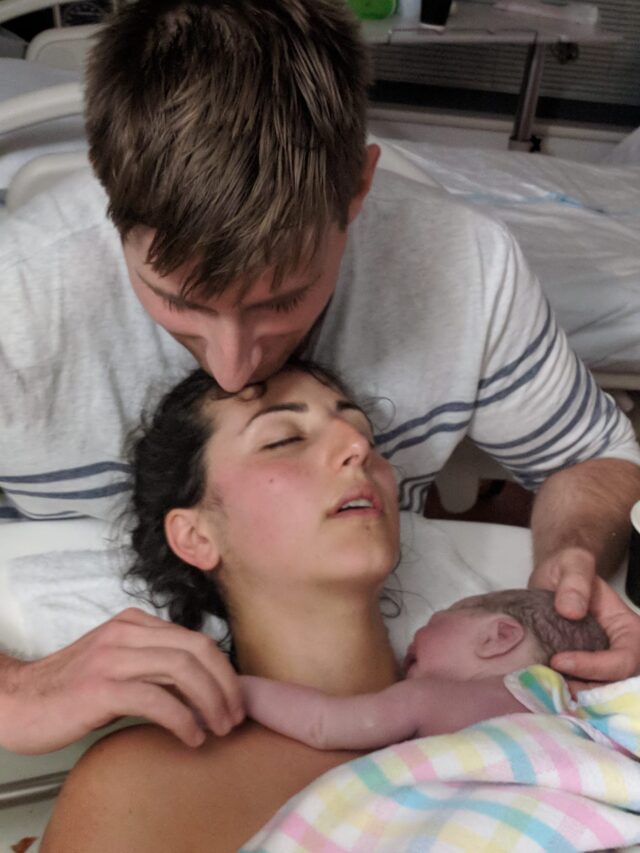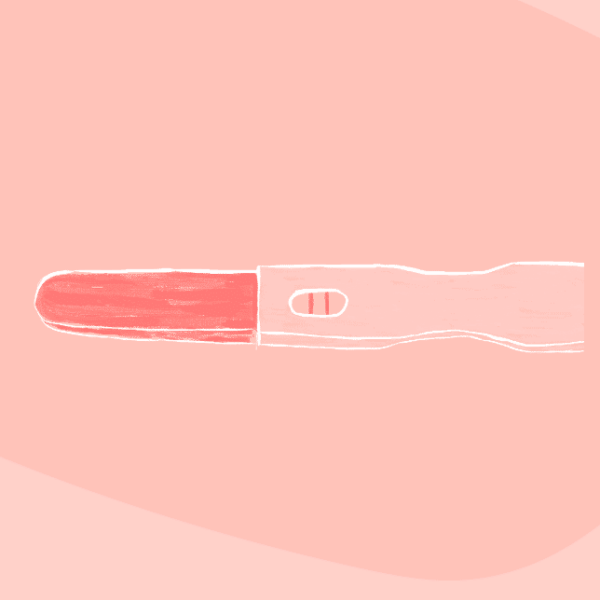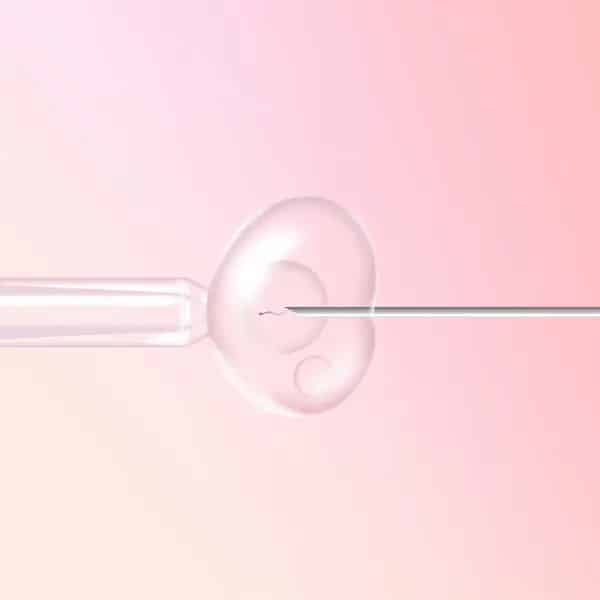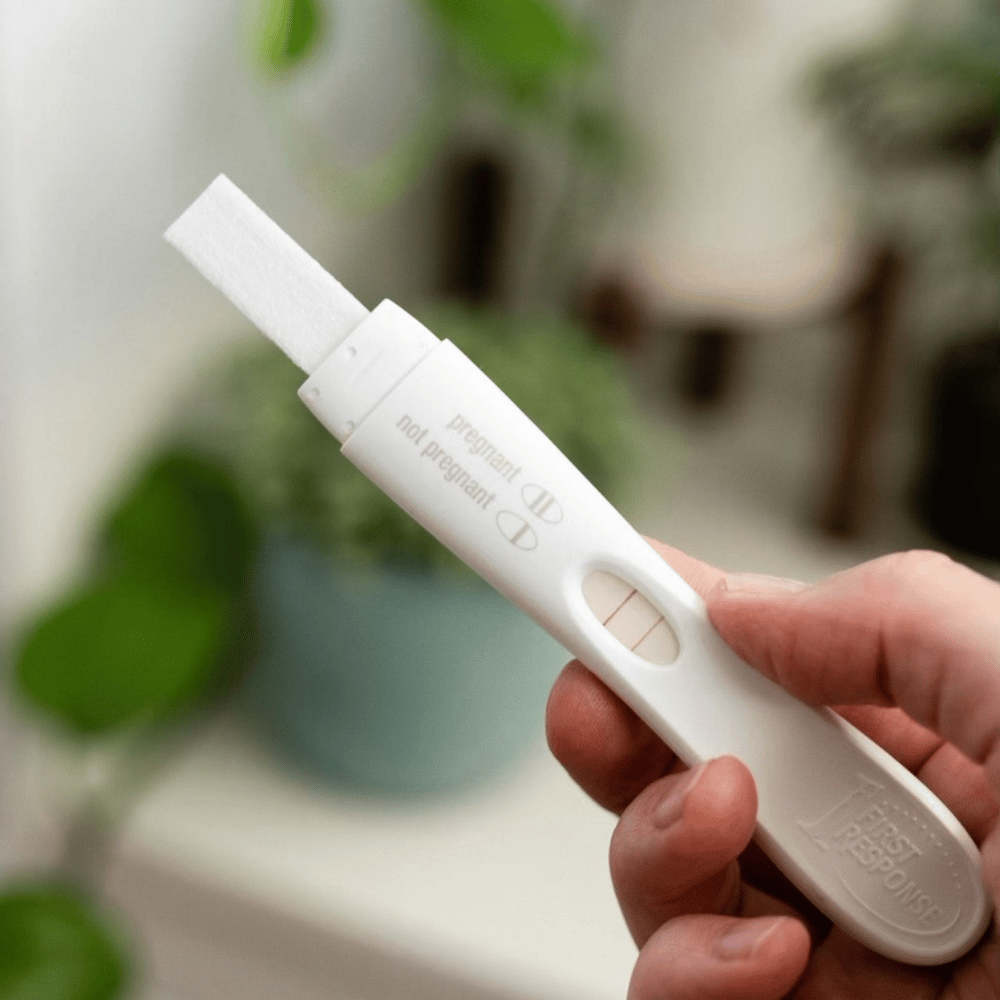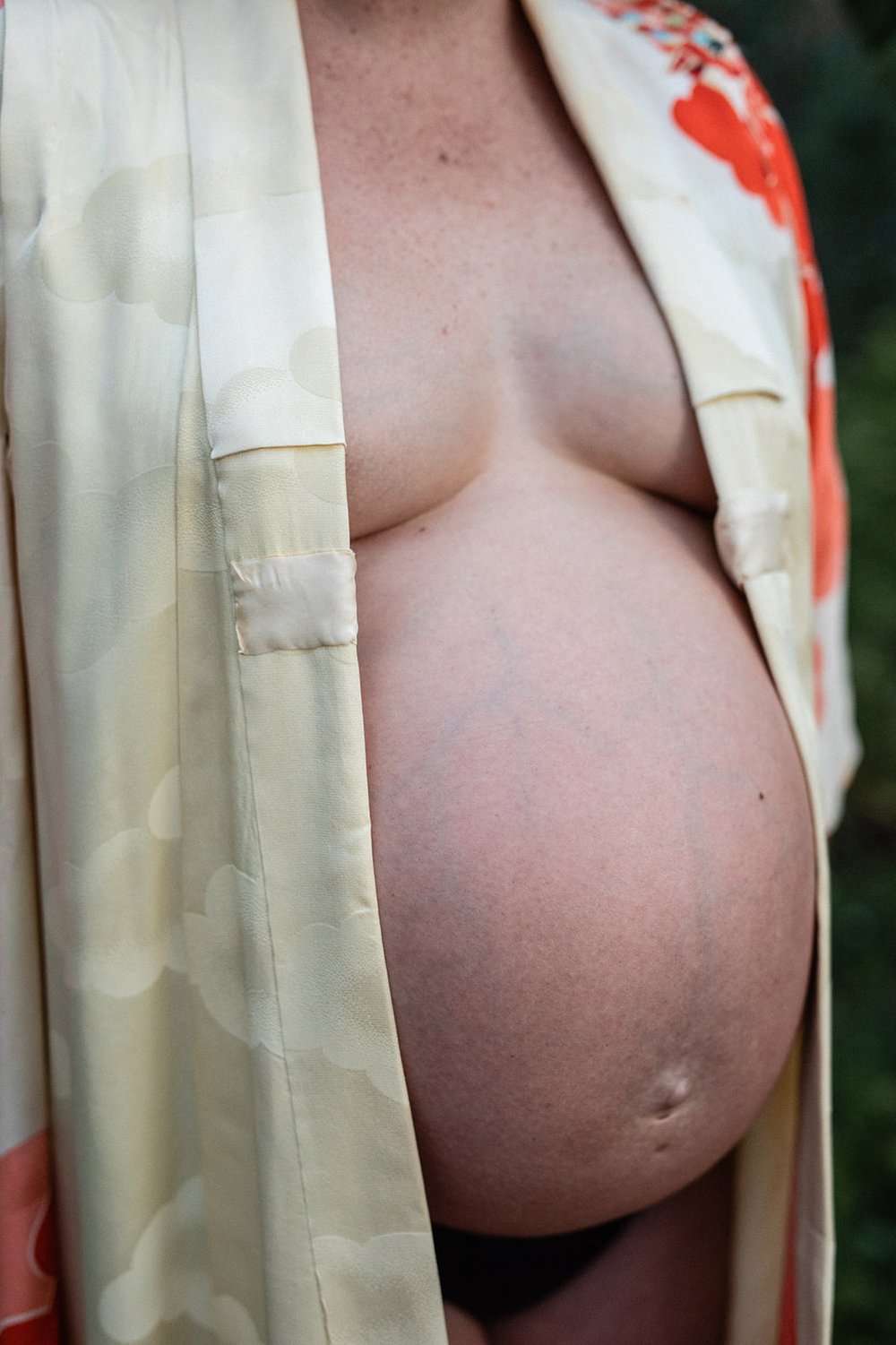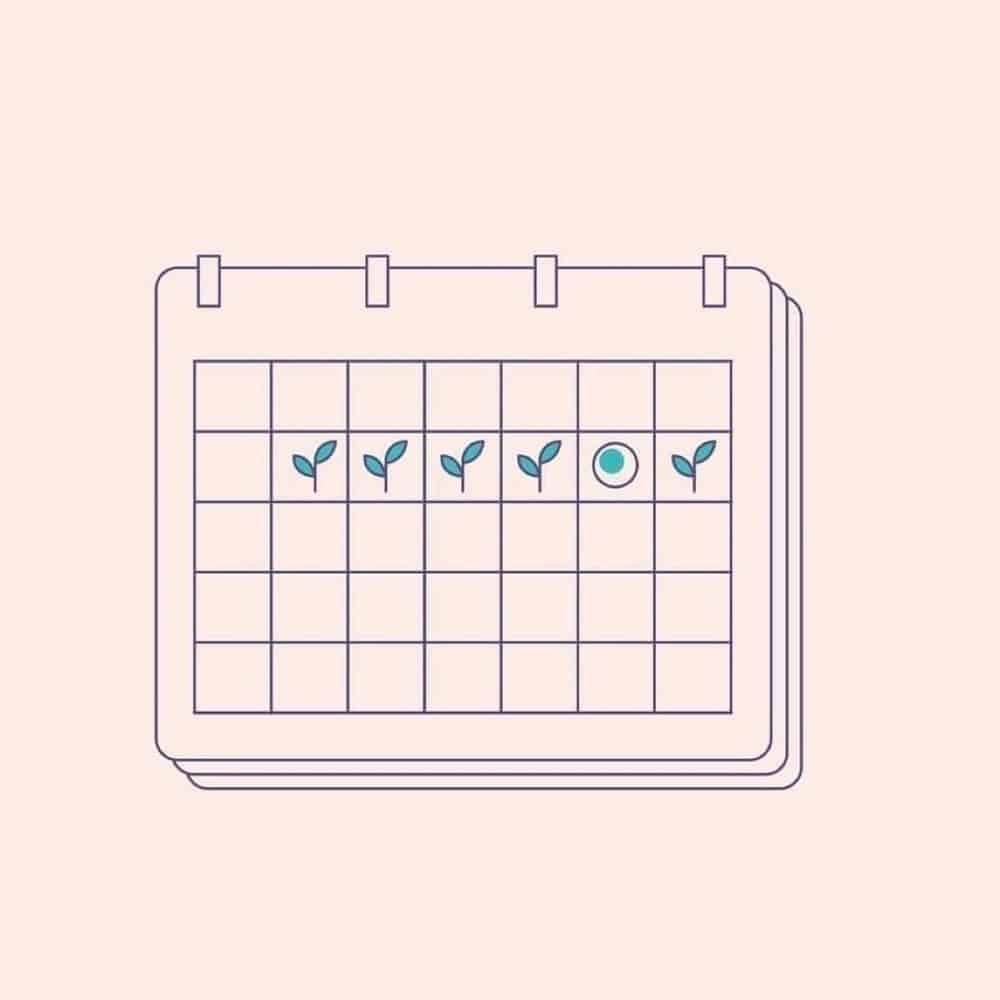In your menstrual cycle, you have a 3-5 day window 10 Questions To Ask Your Care Provider
10 Questions To Ask Your Care Provider

Once you find out you’re pregnant, you’ll need to make a decision about who will care for you in pregnancy and support you during labour and birth.
If you’re interested in birthing in a hospital, you’ve got two options but these are dependent on your location (if you live in rural or remote Australia, your care options will be limited):
- Private obstetric care in a private hospital. This involves booking in with an obstetrician who you will typically see for the first time between 10-12 weeks of gestation. Medicare doesn’t cover the cost of private care and your private health fund will require you to have obstetric level care for 12 months prior to conceiving (this differs from one fund to the next so check your policy).
- Public hospital. There are a variety of care models available in public hospitals ranging from continuity of care with one midwife (this is regarded as the care model with the best outcomes for mother and baby although demand is high and availability is limited), to midwifery group care (you see a small group of midwives throughout your pregnancy), fragmented care (you see a different midwife at each appointment) or high-risk care (you’ll be cared for by obstetricians and occasionally, midwives).
Some public hospitals have homebirth or birth centre programmes available but they are reserved for low-risk pregnancies and often require you to book in very early (as soon as you have a positive pregnancy test!). There’s also an increase in demand for private midwifery care and homebirth so if this interests you, it’s best to find a local midwife prior to conception and contact them in regards to their availability and advice for booking once you’ve conceived.
Your care provider plays a significant role in your pregnancy and birth experience. It’s for that reason that we really encourage you to find a model of care and a provider that you trust; someone that will listen and respect your birth preferences and support you wholeheartedly.
If you have a fragmented model of care ie. you see a different midwife at every appointment, you may want to consider a student midwife or a doula so you have continuity of care throughout pregnancy, birth and postpartum.
Here are some questions you can ask to gain a better understanding of your care provider’s level of support and the hospital or birth centre policies.
- How many appointments will I have during pregnancy and what will they entail? Will I see you at each appointment?
- How many women do you care for each month? Will you be at my birth? Can I meet your backup OB/midwife so I know them if they are at my birth?
- What are your policies on induction? Will you support me to go to 41-42 weeks or will you encourage an induction as soon as I pass my estimated due date?
- How many support people are allowed in my birth space according to hospital/birth centre policy?
- What are the current covid policies at the hospital and how will they affect my birth and post-birth experience?
- How can I best get in contact with you if I have any concerns about myself or my baby?
- Once I’m in labour, when do you recommend coming to the hospital? Once I’m admitted, what is hospital policy regarding the length of labour before intervention is suggested?
- Will you support me to use non-pharmacological pain relief methods? Will you read and respect my birth plan?
- Do you support water births and, if so, are there any policies surrounding labouring and birthing in the water?
- Will you ask for my consent every step of the way, including during labour and post-birth? Do you support my wishes for optimal cord clamping and an uninterrupted golden hour? How long do you recommend I stay in the hospital after birth?
If you’re home birthing, these questions will be slightly different and may be more concerned with your midwife’s availability in your month of birth, the medical supplies they carry, what would warrant a hospital transfer and what your postpartum care will look like.
Want to know more but don’t know where to go for reliable information? Welcome to the First Trimester is my new audio course that acts as a knowledgeable companion as you navigate the highs and lows of the first few months of pregnancy. I’ve chatted to five perinatal specialists and answered all your questions about physical symptoms and concerns, pregnancy nutrition, mental health, your first GP visit and finding a care provider and the benefit of having a student midwife. Access it HERE
Our Podcast Picks for You
Categories
Related Products
-
Welcome to the First Trimester
11 reviews$67.00An informative and comforting 5-part audio course guiding you through the first 12 weeks of pregnancy.
Get your copy of our Perineal Massage Guide in your inbox
Keep Reading
We think you might enjoy these articles
@AustralianBirthStories
Follow along with us
@AustralianBirthStories
Follow along with us
@AustralianBirthStories
Follow along with us
@AustralianBirthStories
Follow along with us
@AustralianBirthStories
Follow along with us
@AustralianBirthStories
Follow along with us
@AustralianBirthStories
Follow along with us
@AustralianBirthStories
Follow along with us
@AustralianBirthStories
Follow along with us
@AustralianBirthStories
Follow along with us
@AustralianBirthStories
Follow along with us
@AustralianBirthStories
Follow along with us
